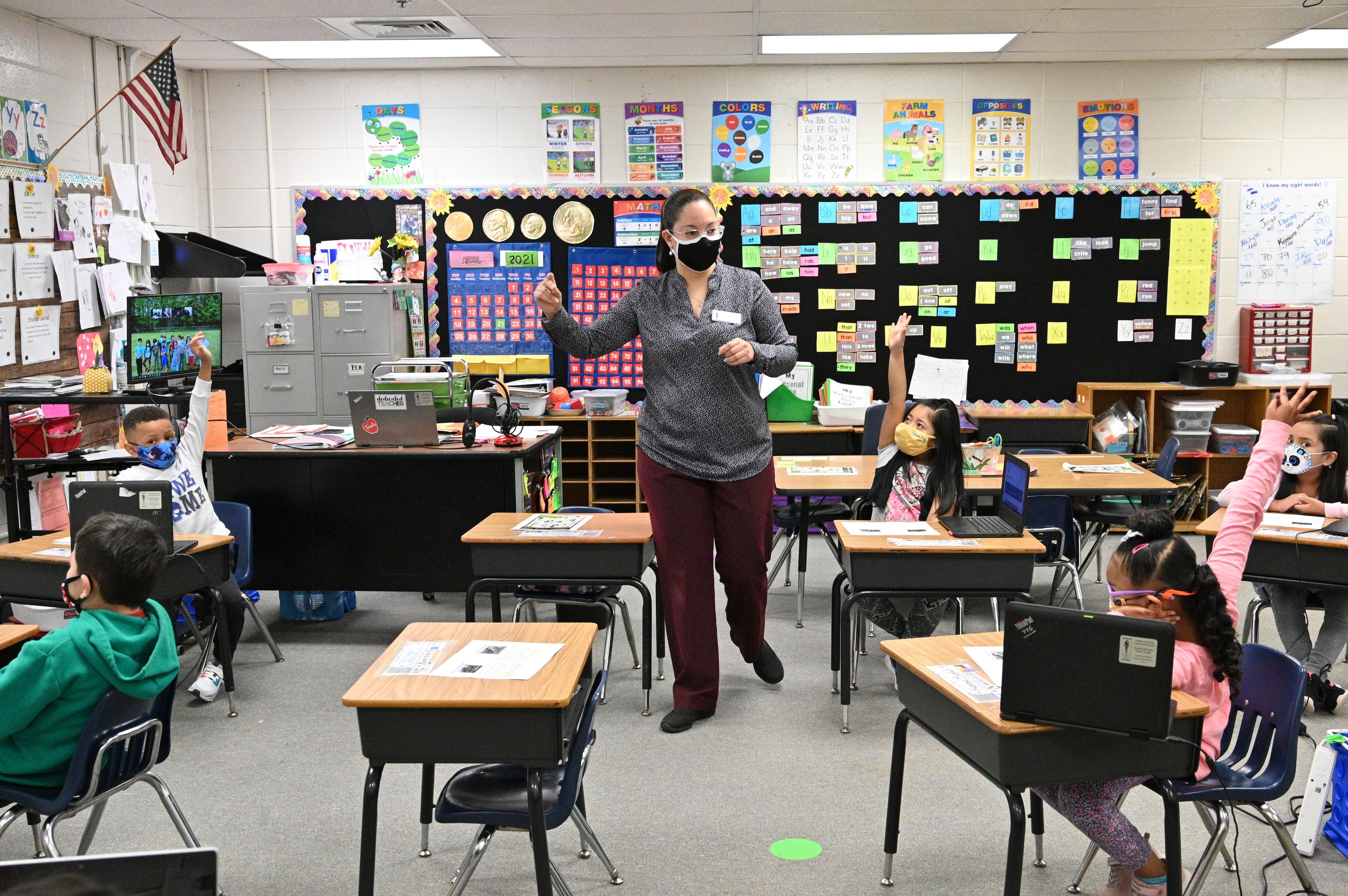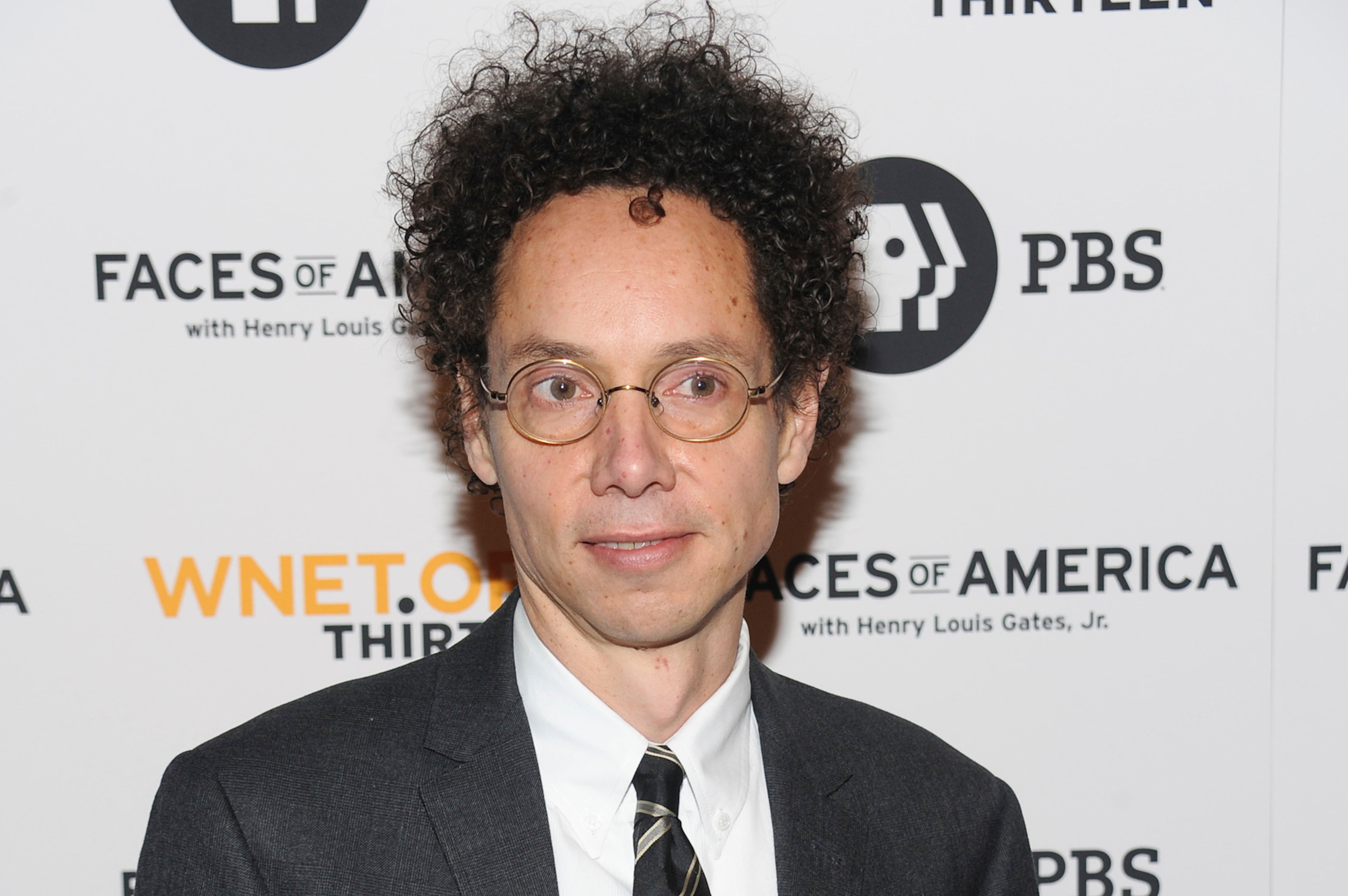RHONE: Read between the lines of book bans

Atlanta Vintage Books is known for its selection of gently used, vintage and collectible books. But each year when Banned Books Week rolls around, the team at the Brookhaven bookstore goes on a shopping spree.
“The only new books we buy are banned books,” said Michele Bolgla.
Sept. 22 marks the start of Banned Books Week and Bolgla said they are 100% determined to keep books on the banned list in stock. Customers love to see the display in the front of the store, she said, and they spend time examining and commenting on every book.
“They say: ‘I had to read that in school. Who is banning it?’” Bolgla said. “They are shocked.”
I’m shocked that anyone would be unaware of books in Georgia being banned.
The city of Marietta. Cobb County. Forsyth County. Chatham County. Columbia County.
Name a county in Georgia and there is a good chance that someone, most often guided by an advocacy group known as Moms for Liberty, is trying to restrict, remove or relocate from the shelves of school or public libraries a book they’ve deemed controversial.
More than 4,000 books were targeted for removal from schools and libraries in 2023, according to the American Library Association, an increase of 65% from the previous year.
Georgia residents have debated the tomfoolery of banning books, particularly when there are greater threats to children’s well-being.
“How can you ban books but not guns?”
“How can you ban books but not smartphones?”
Readers of The Atlanta Journal-Constitution have asked these questions, but I believe deep inside they already know the answer: none of this book-banning is really about protecting children.
As I wrote three years ago in this column, one study among the minimal research that has been done on banned books shows that reading banned books does not correlate to children committing crimes and does correlate to children being more interested in politics, elections and charitable causes.
So the parents lobbying to ban books in their schools and communities are positioning their children to be less politically curious and less charitable toward others.
Sadly, that tracks in this current political climate.
We also can’t dismiss student performance on the most recent state assessment tests.
Students in third grade, the grade at which reading proficiency is considered a milestone for future success, was the one grade that posted a decline in English Language Arts scores.
All grades tested, except fifth and sixth grades, saw declines in reading scores.
Many book challenges focus on titles written for children and young adults who need reading material that captures their interests and attention. Reducing the range of reading material available to children and teens struggling to read seems to defy reason, but again … priorities.
You only need one look at the titles of 2023′s most challenged books to read between these lines.
“Gender Queer: A Memoir,” by Maia Kobabe was challenged 106 times.
“All Boys aren’t Blue,” by George M. Johnson was challenged 82 times.
“This Book is Gay,” by Juno Dawson, had 71 challenges.
And the list goes on.
This is just a snapshot of the books that have been challenged. Many challenged or banned books are not reported to the American Library Association, which compiles the annual list based on reports from librarians, community members and media coverage.
In Marietta, “Narrative of the Life of Frederick Douglass,” was removed from the approved book list for eighth graders for alleged sexual content, said Superintendent Grant Rivera in a recent AJC story.
I racked my brain to recall any sexual content in that book and all I could come up with was Douglass alluding to the rape of Black women by white slave owners.
That is not sexually explicit. That’s facts.
Marietta schools also banned “Little Rock Girl 1957,” by Shelley Tougas; a book centered on the iconic photo of Elizabeth Eckford integrating Central High School as an angry white teen screams at her back; and “The Immortal Life of Henrietta Lacks,” by Rebecca Skloot which details the life of a Black woman whose cancer cells were taken without consent at Johns Hopkins Hospital in 1951 and are responsible for medical innovations, including cancer research, sequencing the human genome and polio and COVID-19 vaccines.
Again, I’m sensing a theme here and it has nothing to do with sex.
The Columbia County Library Advisory Board has spent months changing policies and setting new guidelines for the placement of books in the library, said resident Andy Mueller.
According to the advisory board, appropriate content for ages 11-14 should include “violence level similar to a Star Wars movie” and “scare factor similar to a Harry Potter movie.”
Forget reading. Maybe the kids in Columbia County should just go to the movies.
“You are naive if you think kids are not cursing, talking about sex, or questioning who they are,” said Mueller. “These books are for them to go in there and experience that.”
Mueller, whose wife is a librarian, said recently, the entire “A” section of books is missing from the shelves of the county library. County staff are rating books according to the new guidelines, reviewing books that are not yet rated and developing a list to move any books they feel do not belong in juvenile or young adult sections.
That sounds like a lot of busy work for nothing.
Some states are pushing back against book bans by restricting bans based on content or ideological objections. These laws also ensure that key decisions about books in public or school libraries are made by licensed, trained and degree-holding library professionals — not politicians, not people appointed by politicians and definitely not by parents.
Read more on the Real Life blog (www.ajc.com/opinion/real-life-blog/) and find Nedra on Facebook (www.facebook.com/AJCRealLifeColumn) and X (@nrhoneajc) or email her at nedra.rhone@ajc.com.



